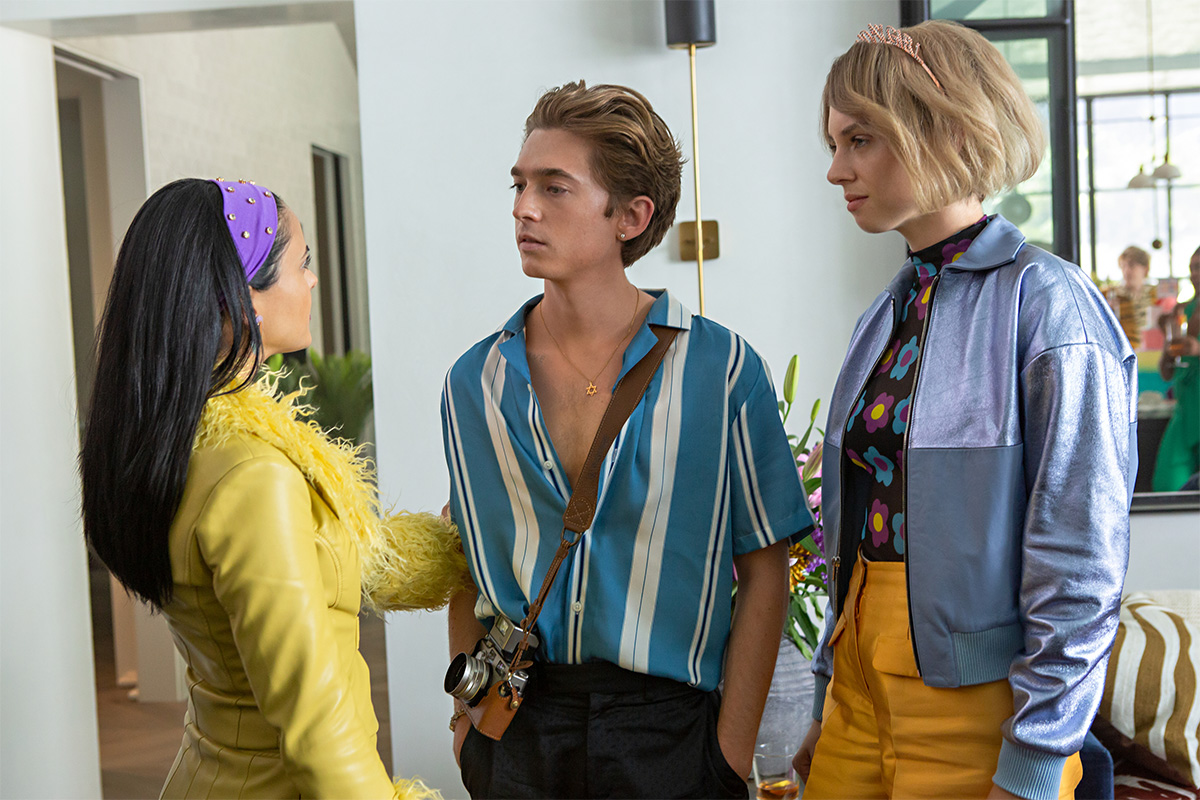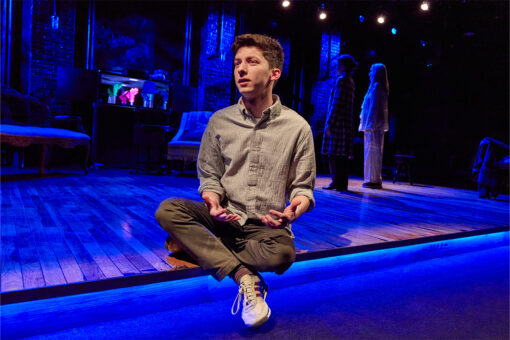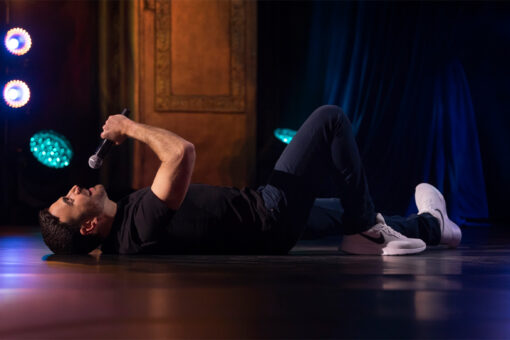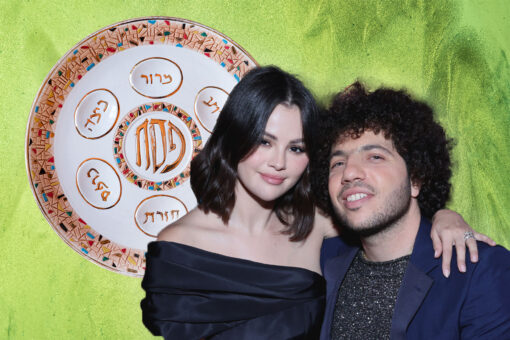Warning: spoilers ahead for “Do Revenge.”
When I saw the trailer for Netflix’s newest addition to the teen romcom canon, “Do Revenge,” my interest was immediately piqued. I am something of a connoisseur of teen movies and TV shows, and, by my count, the trailer alone features homages to at least six classics of the teen movie canon (“Clueless,” “Heathers,” “The Princess Diaries,” “Mean Girls,” “John Tucker Must Die” and “10 Things I Hate About You,” to be precise), while updating tropes that might seem hackneyed now and placing this story firmly in 2022. There’s greater diversity among the preppy students of Rosewood Hill than we’ve previously seen in comparable movie prep schools, both in terms of racial and ethnic demographics and expressions of gender and sexuality.
One thing that made this movie seem especially primed for a contemporary audience was the introduction of Max Broussard, our story’s villain, who’s described by Camila Mendes’ Drea in the trailer as a “misogynistic, fake-woke hypocrite.” And Max is played by none other than everyone’s favorite Jewish, 26-year-old star of high school TV shows and movies, Austin Abrams.
But nowhere in the trailer do we see what is abundantly clear in the film: Max Broussard, who we are all primed to hate, is Jewish.
To be clear, there is no explicit mention of Judaism in this film — no mentions of Hanukkah, bar mitzvahs or Hebrew School to be found. However, Max wears a Star of David necklace (maybe an homage to Gretchen Wieners’ white gold Hanukkah hoops?) and uses words like “kvelling.” Given his proclivity in the film for painting his nails, wearing earrings and other trendy displays of androgyny, I imagined that he fancies himself the Timothee Chalamet (who, like Austin Abrams, is a Jewish 26-year-old star) of his high school.
At first, I was delighted to see Austin frankly killing it in an explicitly Jewish role. I’m a huge fan of his work in recent hits, from Netflix’s quirky Christmas mini-series “Dash and Lily” (featuring a Hanukkah episode that I loved, but that has sparked debate) to Amazon Prime’s teen tearjerker “Chemical Hearts” and, lest we forget, “Euphoria.” I think he’s a very gifted actor, and it felt good to see him playing a character who shares his heritage. But as the movie went on, I began to wonder if something more insidious might be at play.
From the beginning of the film, socioeconomic status is present in these students’ world. Drea is a scholarship student at an elite private school surrounded by students either oblivious to or unapologetic for their immense privilege, and Max is the most overt offender of such ostentatious displays of wealth. OK, he’s exorbitantly wealthy, so what? Although it’s never explicitly stated, it is heavily implied that the source of his wealth is connected to his father’s involvement in political campaigns. So now we have a Jewish character who not only flaunts their wealth in a frankly tactless manner, but is also connected to the political elite? The further the movie went along, the more Max seemed to turn into a character based on antisemitic stereotypes.
In addition to the wealth and political connections, a huge part of Max’s character, as mentioned in the trailer, is his performative liberalism. He’s touted at school for being the perfect feminist, a cis-hetero-male ally to all femme-identifying individuals. But when it comes down to it, the only thing he actually believes in is himself. When he leaks explicit images of his girlfriend, he frames it as an assault on his privacy. When it’s revealed he’s a serial cheater, he’s able to spin the school gossip so that he comes off as polyamorous — and ultimately is viewed as more progressive than anyone who would accuse him of cheating.
So now, in case you’ve lost track, we have a Jewish character who is 1. exorbitantly wealthy, 2. politically connected and 3. able to spin the media (whether via social media or his high school’s magazine) in his favor. And he’s proudly sporting a Star of David the entire time.
I want to be explicitly clear: I do not think the film’s writer and director Jennifer Kaytin Robinson is intentionally perpetuating antisemitic stereotypes. She hired Este Haim herself to do the score (which slaps, by the way), and if that’s not allyship, I don’t know what is. However, it does feel, at best, slightly out of touch and at worst reliant on recognizable antisemitic tropes to feature an explicitly Jewish villain in a film without other visibly Jewish characters. (Max’s sister, Gabbi, played by Talia Ryder, could also be assumed to be Jewish, but her character doesn’t wear Jewish jewelry or talk about Judaism.)
Good representation requires representing all types of Jews, including those who are unsavory and straight-up evil. Imagine how fun it would be to have a Jewish villain who, instead of leaning into Jewish stereotypes, subverts them? Maybe he’s terrible with money or has no important connections in the world to help him skate by. Or maybe her villain origin story is rooted firmly in Judaism, a la X-Men’s Magneto.
However, in the absence of positive, nuanced or even ambivalent portrayals of Jewish characters in this specific film, it felt like “Do Revenge,” a film which includes queer women and women of color amongst their leads — good and evil — made a distinct choice in placing their one Jewish character front and center as the villain. I couldn’t help but wonder how Cher Horowitz, a famously Jewish-coded character who exhibits many of the same stereotypes as Max, would have felt had she gone to Rosewood Hill. She probably would have found Max to be a full-on Monet: From far away, it’s OK, but up close, it’s a big old mess.



